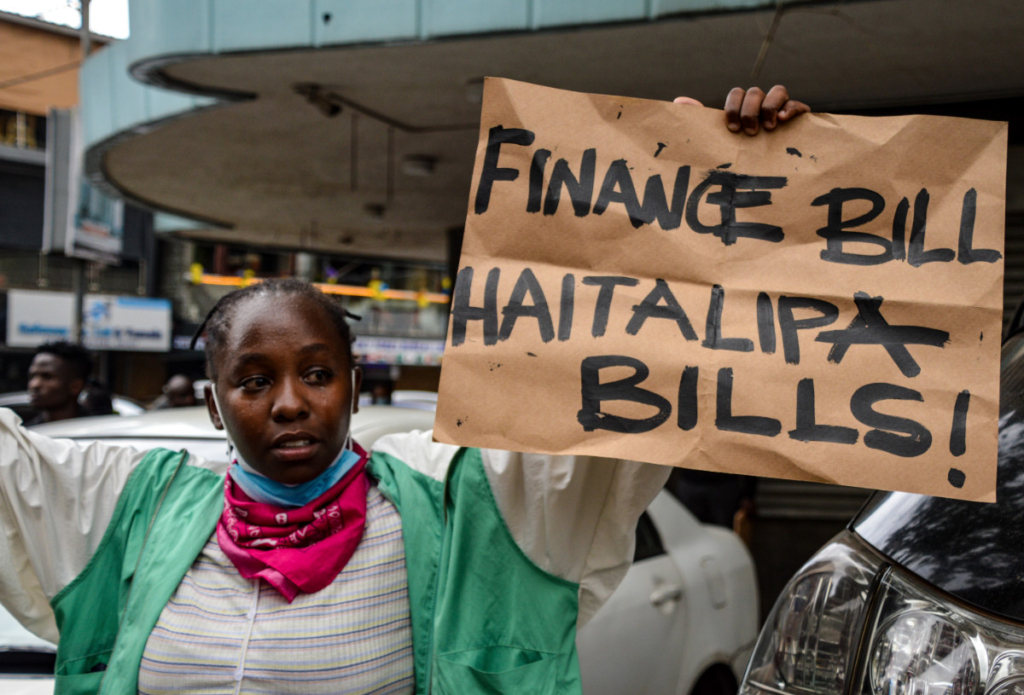
The Finance Bill 2024 was one of the most highly debated proposals in Kenya, drawing significant attention from citizens, businesses, and policymakers. The bill, which aimed to introduce new tax measures and economic policies, was ultimately rejected, causing widespread discussions across the country.
In this article, we will explore the main reasons why the Finance Bill 2024 was dismissed, its potential impact, and what it means for Kenya’s economy, taxpayers, and businesses.
Key Reasons for the Rejection of the Finance Bill 2024

1. Heavy Tax Burden on Citizens
One of the primary reasons the bill was opposed was the proposed increase in taxes on essential goods and services. The government sought to raise revenue by introducing higher VAT on fuel, mobile transactions, and basic commodities. This sparked public outcry, with Kenyans arguing that it would increase the cost of living in an already struggling economy.
2. Strong Public Opposition and Protests

The rejection of the Finance Bill 2024 was fueled by widespread protests and opposition from the public, civil society groups, and trade unions. Many Kenyans voiced their concerns about the rising cost of living, claiming that the bill was not economically sustainable for low- and middle-income earners. The demonstrations put pressure on lawmakers to reconsider the bill’s provisions.
3. Business and Investor Concerns
Kenyan businesses and foreign investors raised concerns about how the new tax proposals would affect investment, job creation, and economic growth. Increased taxation on corporate income, imports, and financial transactions was seen as a deterrent to investment, potentially leading to job losses and slower economic development.
4. Legal and Constitutional Challenges
Some provisions in the Finance Bill 2024 were criticized for violating the Constitution. Legal experts argued that certain tax measures went against consumer protection laws and economic rights, making them susceptible to court challenges. This led to legal battles that contributed to the bill’s rejection.
5. Political Pressure and Division
The bill also faced significant opposition from political leaders, opposition parties, and members of parliament who argued that it was unfairly structured and lacked public participation. The division within the government made it difficult to reach a consensus, eventually leading to the dismissal of the bill.
What Happens Next?
With the Finance Bill 2024 rejected, the government is expected to go back to the drawing board to revise the tax proposals and introduce a new version that is more acceptable to the public. Economists and policymakers are urging the government to find a balance between raising revenue and easing the economic burden on citizens.
Conclusion
The Finance Bill 2024 in Kenya was rejected due to public outcry, economic concerns, legal challenges, and political opposition. Moving forward, the government will need to address these issues to create a financial plan that supports economic growth without overburdening taxpayers.
As the situation unfolds, Kenyans will be watching closely to see how the government reshapes its tax policies and what new proposals will be introduced in the coming months.
